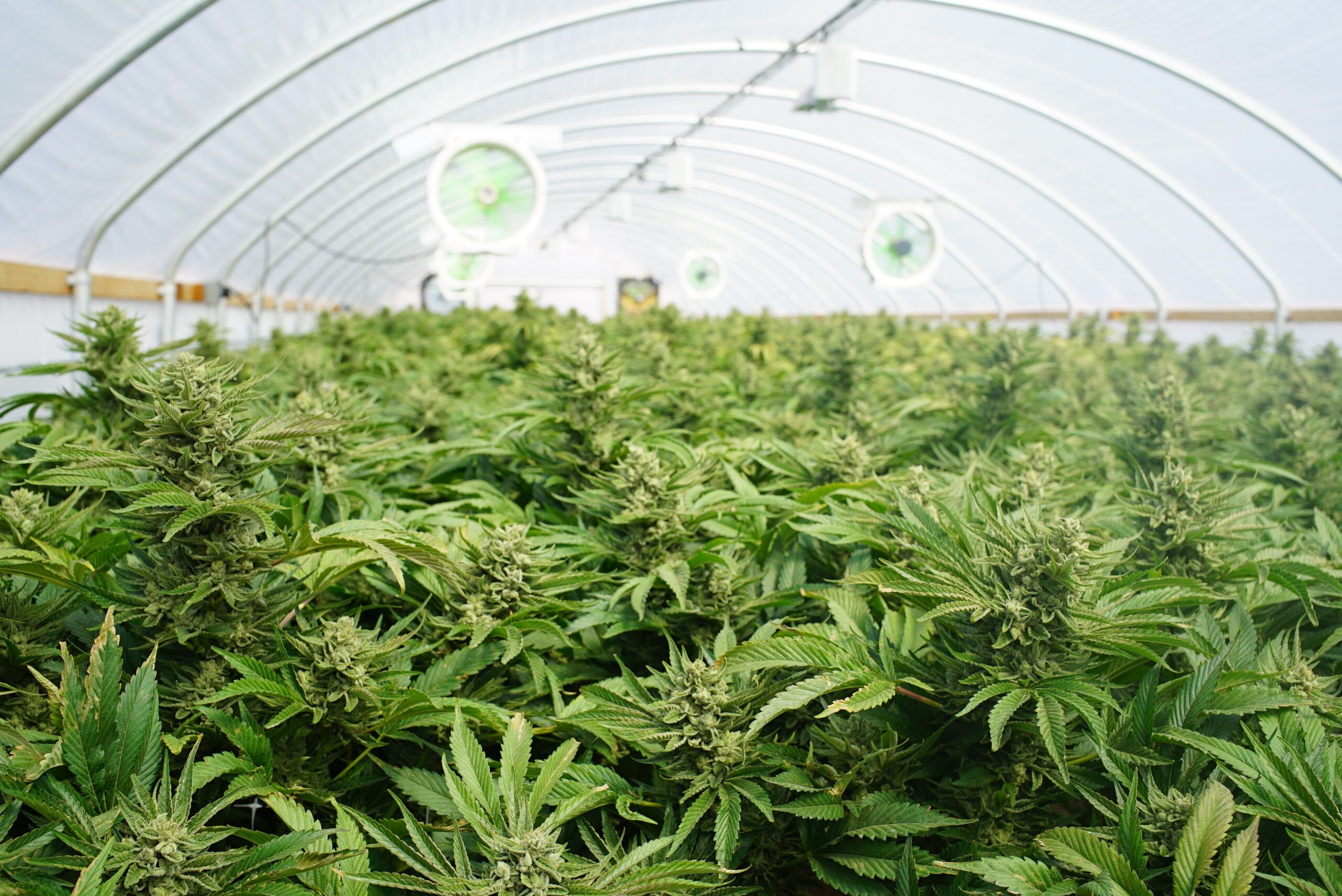
How the Cannabis Supply Chain Makes Your Accounting Role More Valuable
As an accounting professional, you likely know that supply chains are the arteries of the nation’s most successful industries. You may not know that the cannabis industry is ruled by more complex supply chains. These unique supply chains could lead to higher-demand roles for you.
Cannabis is still not federally legal, which means all supply chains must exist within state lines. These state-only regulations lead to unstable product costs, licensing limitations, and vertical integration issues that require a highly-trained accountant to guide companies through potential cost-saving and growth opportunities.
By understanding the unique cannabis supply chain and your accounting role, you increase your value.
Unpacking cannabis supply chain basics
Generally, a supply chain is a system between a company and its suppliers. This system is necessary to manufacture and distribute a specific product to the end user.
To understand how a cannabis supply chain differs, let’s compare marijuana to avocados.
Avocados tend to come from California or Mexico. Most avocados you buy grow in one of these places. Unlike cannabis, avocados are federally legal. Suppliers and distributors can easily cross state and country lines to deliver the fruit.
Also, avocados are grown in the same areas under roughly the same environmental factors. This consistency means customers can expect comparable quality and cost.
Now, cannabis is a whole ‘nother plant. As mentioned before, the entire supply chain must be maintained and managed within state lines. Every step, including cultivation, manufacturing, distribution and transportation, delivery, and retail, cannot happen outside the state or via interstate commerce.
Because of this issue, it costs way more to grow a pound of pot in Nevada than in Oregon. Nevada isn’t ideal for growing cannabis. The plants need treated water and greenhouses. Oregon’s climate and soil, however, are perfect for growing weed. Many crops are grown outside, and the end-user pays less.
How the supply chain affects licensing and verticals
Now that you understand the nuances of the cannabis supply chain, let’s look at how the chain affects licensing and verticals.
In cannabis, each state has the autonomy to determine what types of licenses will be issued in their state marijuana program. These licenses fall under several categories: farming or cultivation, wholesale, manufacturing or processing, transportation, delivery, retail, testing, microbusiness, research, cooperatives, and more.
Depending on which state you are operating in, your clients will have access to different types of licenses. States like Minnesota keep it simple and only offer two types of licenses: grower and processor. On the other hand, states like Colorado get really granular and offer 17 different types of cannabis licenses!
However, not all license types are necessary to complete the supply chain. Businesses only need to grow and sell the plant to the end user to complete the supply chain. For example, a company (your client) could sell raw flower to the end-user without going through the manufacturing process of turning that flower into a new product.
Knowing the different license types in your state will help you spot potential cost-saving and growth opportunities and partnerships for your cannabis clients.
Immense benefits (and complexities) of vertical integration
Sometimes, you may hear the term “vertical integration.” This means that a company has access to all verticals or licenses – and control over the supply chain. A vertically integrated company owns the product from seed to sale
If you’re working with a client who has the opportunity to integrate all verticals, your client could benefit immensely.
Perks of vertical integration include:
- Improved opportunities for capturing most Cost of Goods Sold (COGS)
- Enhanced control over product quality and cost
- Additional revenue streams through selling surplus products to other licensees
A client who has reached vertical integration or is positioned to control the supply chain is also attractive to investors. As their accountant, you need to track revenue and cost for each vertical separately to help them provide accurate valuations for each vertical. You also need to consolidate and segment the numbers to show total overall company value and provide visibility into which segments are most profitable or scalable.
As exciting as vertical integration sounds for both your client and you, you’ll want to be aware of a few cautions:
- Proper systems for vertical integration must follow state rules. Unless you’re solid on the accounting needed for vertical integration, any misstep could be your client’s undoing.
- An initial vertically integrated build-out can be costly. Your client will be running two businesses: farming and retail. Both business models also require different skill sets and mindsets to run, prompting hiring of more specialized staff.
- Each vertical is governed by different rules and regulations, requiring that you understand licenses before you help a client level up.
A challenging industry becomes your oyster
Cannabis is rife with complexities and ever-changing rules and regulations. The most successful cannabis accounting professionals stay ahead of industry rules and trends. As trusted advisors to their clients, they make the highest fees and stay fully booked.
Become an in-demand cannabis accountant or bookkeeper when you join NACAT Pros for a free 30-day trial. You’ll access resources, expert trainings, CPE credit opportunities, and a community to help you become a leader in the industry.



